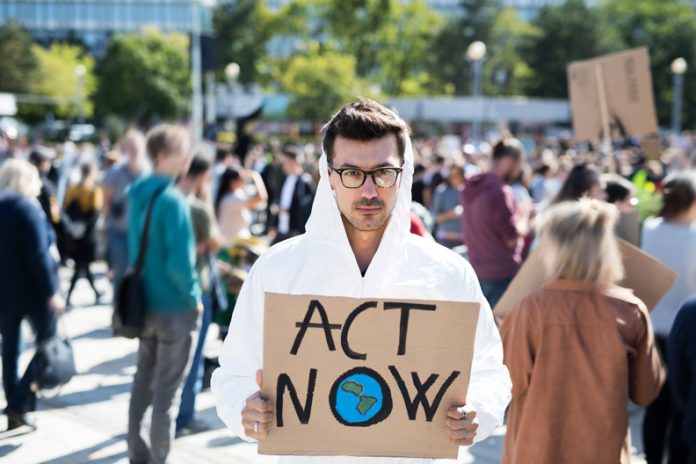Climate change, although still debated, is an existential threat to the human population. The earth is very fragile, and people’s choices impact the environment heavily. For example, one might recall in the past when aerosol cans had to be completely redesigned due to CFCs (chlorofluorocarbons) and other chemicals causing ozone layer depletion. Like the ozone layer, the earth has other natural defenses that keep humans relatively safe as far as the climate is concerned. One of these defenses is the rainforests; however, they are quickly disappearing, and the consequences could be unprecedented.
According to an analysis by the non-profit and non-government organization Rainforest Foundation Norway: “Logging and land conversion, mainly for agriculture, have wiped out 34% of the world’s original old-growth tropical rainforests, and degraded another 30%, leaving them more vulnerable to fire and future destruction.”
Rainforests are beneficial in that they help absorb carbon dioxide from the atmosphere, rainforest plants provide an estimated 25% of medicines, the mass vegetation of tropical forests protects against erosion and flooding during heavy downpours, and they are hotspots of biodiversity with about half of the existing plant and animal species in the world located there.
Essentially, humans rely on rainforests in ways that are hard to conceive at first but are empirically irrefutable. If the world continues rapid destruction of rainforests, it is not a question of “will this negatively impact us?” but rather a question of “how bad will this negatively impact us?”
One problem that the world faces is that restoring the rainforests will take a collective effort to solve. Many people have unfortunately, taken the worldview that all that matters is the individual. The individual and the collective’s wants and needs are constantly conflicting, but people shouldn’t irrationally pursue one over the other simply because of what may have been taught.
There are times where the collective shouldn’t interfere with a person’s individual life, but if one owned something that could severely impact the rest of the world, like a critical water source, then the idea it’s acceptable for that individual to deny millions of people potentially their lives just because he/she won the ‘birth lottery’ seems cartoonishly evil.
The idea that a person or small groups of people can make decisions that will have consequences that affect millions of people seems to be undemocratic by any true meaning of the word.
Despite that, some governments and groups continue to destroy the rainforests in pursuit of economic gain while ignoring the long-term consequences it will have on the rest of the population. Rainforests are not all in terms of ecological sustainability, but losing the rainforests guarantees self-destruction.
Year after year, hotter and hotter averages are recorded. Already poor infrastructures worldwide are contending with extreme, unpredictable weather. Many younger generations are abstaining from having children because they do not know if the future will even be desirable or safe for children.
Regardless of how far one wants to take climate change seriously, there has to be a bare minimum that can be agreed on, and that is climate change is real, and climate change does pose an existential threat if the world continues on the path it’s on right now.
The rainforests are a fraction of what they used to be, with 34% of them forever gone and another 30% severely damaged or degraded. These beacons of biodiversity, education and protection are disappearing before our eyes. We need to educate others and push for a change in the right direction to save the rainforests and protect the collective human population from the consequences of a world with no rainforests.
by Corey Blue

